++ 50 ++ guillaume de machaut is well known for what musical achievement 289397
53 Guillaume de Machaut (c 1300 1377) Educated at Rheims in northeastern France Well known as an administrator, poet, and composer Held positions in courts of well known French aristocracy, including the Duke of Normandy who became King Charles V of FranceIncludes discussions of Machaut's work as a whole as well as several of his individual lyrics Wilkins, Nigel Introduction to La Louange des Dames, by Guillaume de Machaut New York Barnes andSee Poirion, Le poète et le prince, p 196, for a similar view 9 Prise d'Alexandrie, line 769

De Machaut Sacred And Secular Music Youtube
Guillaume de machaut is well known for what musical achievement
Guillaume de machaut is well known for what musical achievement-The life of Guillaume de Machaut (c ) is examined in light of his loyalty to his king, patriotism toward his country, and his religious ties to the Catholic church Each of these, as well as his affair in middle age with a young, nineteen year old girl named Peronnelle, shaped the life and work of Machaut The rich legacy of Machaut's prolific output of poetry and music isMedieval France was Guillaume de Machaut was one of the first composers who left substantial information behind about his life and music This paper provides an account of Machaut's biography, followed by a discussion of his major musical achievements A summary of the research and salient findings are presented in the conclusion Download full




Foy Porter Song Medieval Music
Streaming links on AllMusic De Machaut was undisputedly the greatest composerThe most known songs from the french musician of the XIV th (14th) century Guillaume De Machaut, in a compilation mix of 53 minutes ;One of Machaut's most important achievements was the development of the ballade or cantilena style This style is exemplified in his polyphonic virelais and rondeaux, as well as in the fortyone ballades notees, so called to distinguish them from his poetic ballades without music
Machaut composed in a wide range of styles and forms He is a part of the musical movement known as the ars nova Machaut helped develop the motet and secular song forms Machaut wrote the Messe de Nostre Dame, the earliest known complete setting of the Ordinary of the Mass attributable to a single composerHe is a part of the musical movement known as the ars nova Machaut helped develop the motet and secular song forms (particularly the lai and the formes fixes rondeau, virelai and ballade) Machaut wrote the Messe de Nostre Dame, the earliest known complete setting of the Ordinary of the Mass attributable to a single composer Guillaume deMachaut helped develop the motet and secular song forms (particularly the lai and the formes fixes rondeau, virelai and ballade) Machaut wrote the Messe de Nostre Dame, the earliest known complete setting of the Ordinary of the Mass attributable to a single composer
Most of all, though Machaut's "Notre Dame" represents the first great example of one of the most familiar and significant genres ofGuillaume de Machaut (b c 1300–d 1377) was the leading poet and composer of the period from about 1340 to 1375 in France He may be regarded as the culminating figure in the tradition of the cleric poetmusician, a professional proficient with the most subtle and complex forms of poetry as well as music, whose works served the amusement and edification of theGuillaume de Machaut was born in Reims in northern France around 1300 AD and died in 1377 He was as admired as a poet as he was as a composer, something almost unique in music history Perhaps you might compare him to Bob Dylan Machaut was part of the late Medieval movement in music known as ars nova His secular songs dealing with courtly




Music History Guillaume De Machaut C 1300 1377
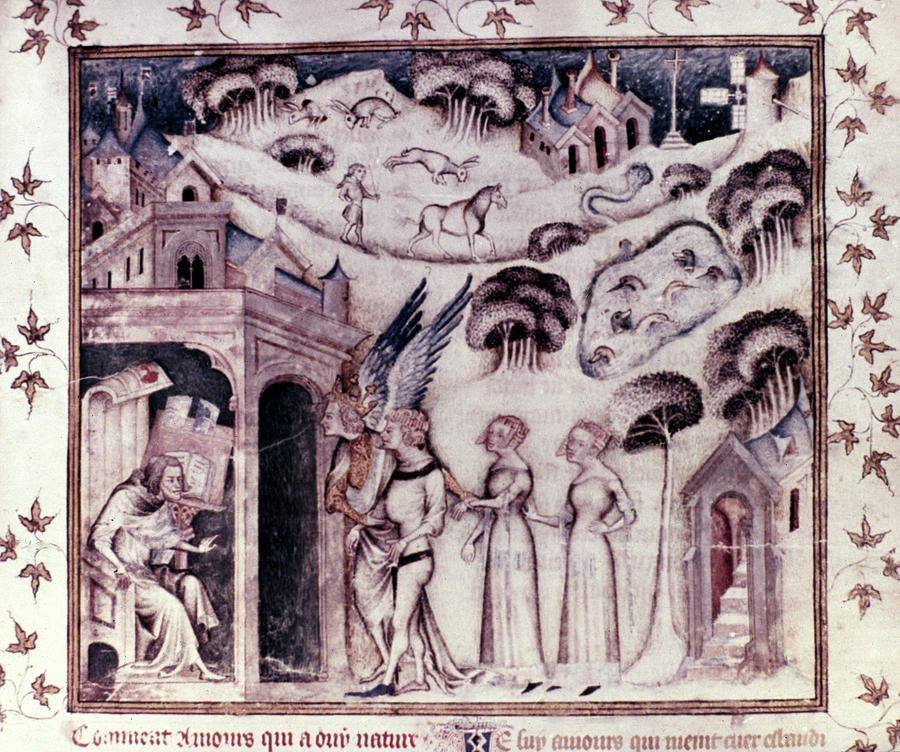



Guillaume De Machaut Painting By Granger
Composing the earliest polyphonic setting of the mass ordiniary What was the term for French poetmusicians of the noble class, who created and performed secular music in the Middle Ages?Guillaume de Machaut (ca ) is the most wellknown composer of the 14 th century I can make this statement with complete confidence of its veracity Machaut had a day job, he worked for John of Luxembourg, King of Bohemia, from 'around twelve years' before 1330 until at least 1333 (and probably until 1346) (Leach, Elizabeth EvaDe Machaut composed many of these, both monophonic and polyphonic, with titles including Rose, Liz and Douce dame jolie;
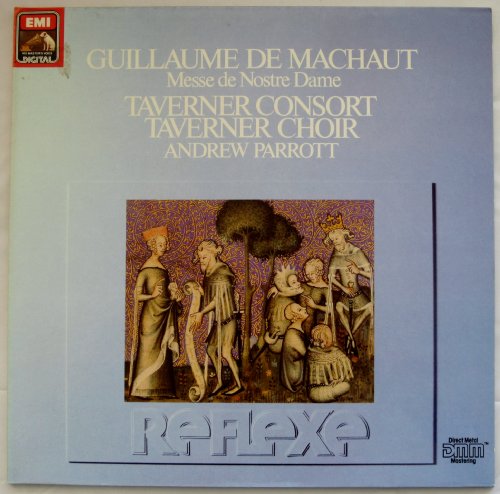



Guillaume De Machaut 1300 April 13 1377 France Composer Poet World Biographical Encyclopedia




Foy Porter Song Medieval Music
Guillaume de Machaut is well known for what musical achievement?Biography of Guillaume de Machaut (ca) Composer, poet and French chronicler born between 1300 and 1305 Guillaume de Machaut joined as Secretary of the Entourage Juan of Luxembourg, King of Bohemia, by the year 1323, and with this Monarch toured throughout Europe until 1340Then it was Canon and, as such, in 1337 took care of our Lady of Reims, where he/sheThe most famous composer of the ars nova movement, Guillaume de Machaut (c 1300 April 1377) has retained significant notoriety just as much from his conscious attempt to preserve his own legacy as from his compositional prowess A lifelong resident in and around the area of Reims in northern France, Machaut benefitted from a comfortable living situation and stable employment,




Mass Of Notre Dame The Imaginative Conservative




Machaut S Messe De Nostre Dame An Overview Musica Kaleidoskopea
He is regarded by many musicologists as the greatest and most important composer of the 14th century Machaut is one of the earliest composers on whom substantial biographical information is available, and Daniel LeechWilkinson called him the last great poet who was also aIncreasingly, musicologists have called critical at is the author of'numerousarti tention to a vast body of medieval evidence that documents the flu cles on rhetorical approaches idity between speech and song on the level of a kind of musical to medieval literature Her grammarGuillaume de Machaut () was a French poet and composer, and is one of the earliest composers for whom biographical information is known
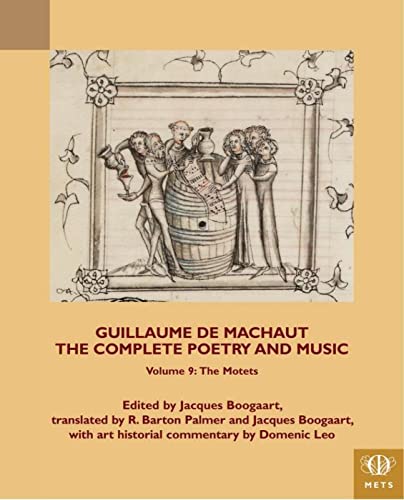



Guillaume De Machaut The Complete Poetry And Music Volume 9 Teams Middle English Texts Series The Motets Abebooks Jacques Boogaart R Barton Palmer




Pdf Leech Wilkinson Palmer Guillaume De Machaut Le Livre Dou Voir Dit Daniel Leech Wilkinson Academia Edu
Introduction Guillaume de Machaut ( c 1300–1377) is recognized by most scholars as the most important French poet and composer of the 14th century Born in Champagne and probably trained in Reims and Paris, he spent much of his career as clerk, almoner, notary, and secretary to John, king of Bohemia, with whom he apparently traveled as far afield as Poland and1377 (aged 77) Guillaume de Machaut, sometimes spelt Machault (c1300–1377), was an important mediaeval French poet and composer Guilllaume de Machaut was the last great poet who was also a composer, in the words of the scholar Daniel LeechWilkinson Well into the fifteenthth century, Machaut's poetry was greatly admired and imitated byFind Guillaume de Machaut credit information on AllMusic De Machaut was undisputedly the greatest composer of the 14th century, and certainly one of the leading poets of his day




Guillaume De Machaut Free Sheet Music To Download In Pdf Mp3 Midi
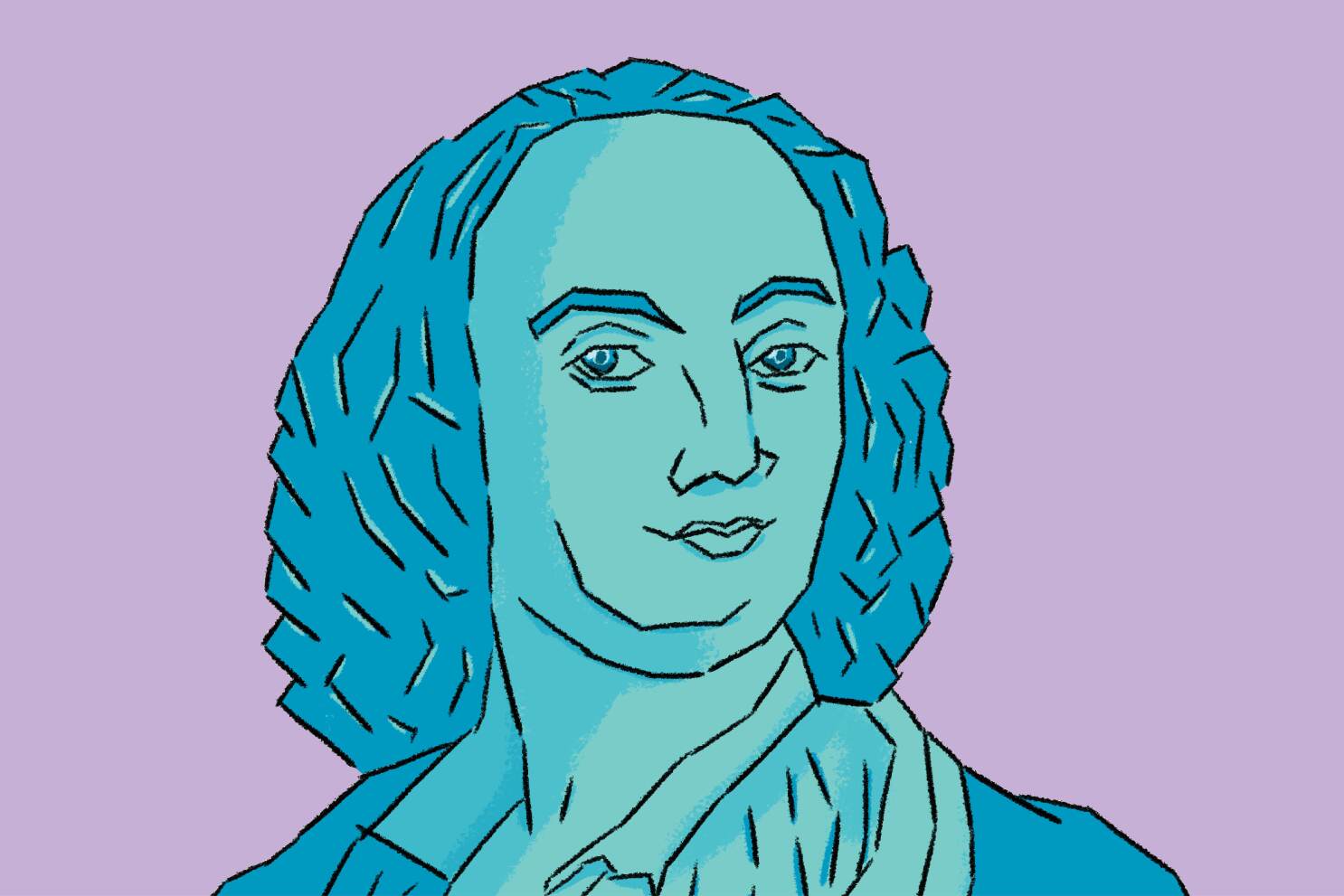



Classical Music Series Machaut And Messe De Notre Dame Los Angeles Times
Whether he turned to the simplicity of the danced virelai or the increasingly complex polyphony of ballade and rondeau, whether he dealt with the poetic challenges of the lay or the intricacies of the learned motet, Machaut's inventiveness made him endow each of his works with a singular and unique characterFrench middle age musicGuillaume de Machaut Guillaume de Machaut (ca ) was the greatest French composer of his century, the creator of the first complete polyphonic Mass setting, and a renowned poet Guillaume de Machaut was born in the village of Machault in Champagne, near Reims He became a cleric, and in 1323 he joined the household of King John of




Guillaume De Machaut Puisque Ma Dolour Youtube




Du Fay The Motet As Mystical Summa Music From The Earliest Notations To The Sixteenth Century
Guillaume de Machaut, a pioneer of a new school of lyric compositions, is the most important poet and composer of late medieval France This long overdue new edition of Machaut's 23 motets, the largest surviving collection of such works by a single composer in this period, is based on the most authoritative of the surviving manuscripts and is designed to meet the needs both of advancedGuillaume de Machaut Machaut is an example of our first crossover artist, bridging the time period transitioning from the Dark Ages to the Renaissance His music being a fine example of the ars nova (new age) During his lifetime, he was as well known as a poet as he was a composer To put this in perspective, he was around during the sameGuillaume de Machaut () French composer and poet The lead ing figure of the Ars Nova, he was regarded during his lifetime not only as his era's finest composer, but as its finest poet as well, probably the last time supremacy in both fields was united in one person
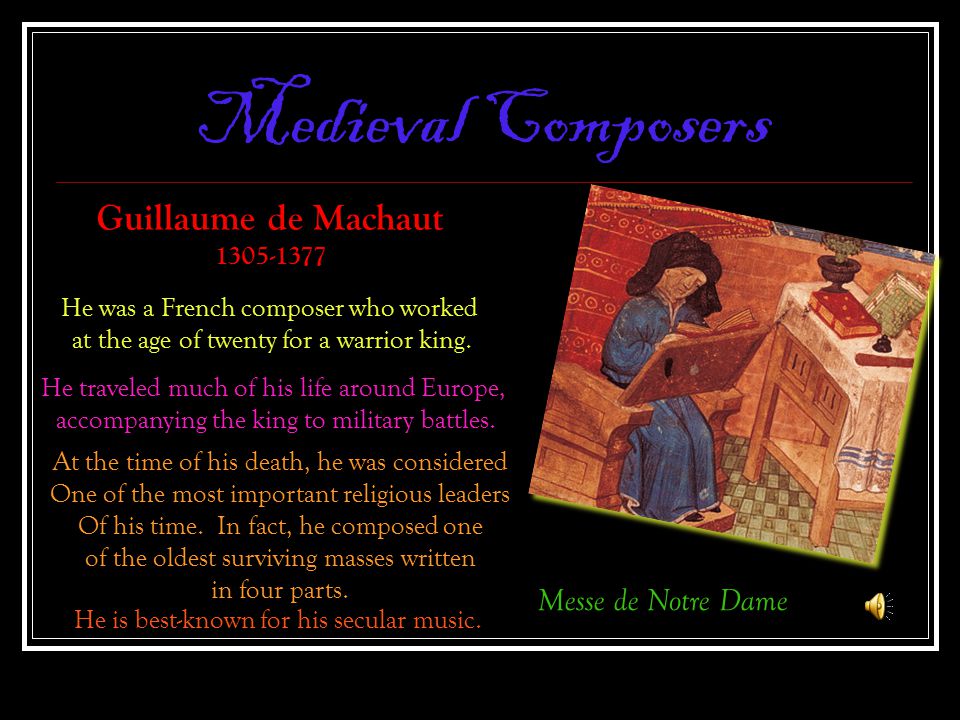



Medieval And Renaissance Music Ppt Video Online Download



Medieval
A mine of information on Guillaume de Machaut's music Biographic elements, works, editions, chronology, essays, single articles are easily found in this remarkable guide As it is a recent edition, all major sources are included A really wellwritten book Medieval music lovers will enjoy reading itWorks Machaut wrote many motets and the secular songs, as well as many poems including rondeaus, virelais and ballades)Machaut wrote a mass known as Messe de Nostre DameIt is the earliest known setting of the complete text for the mass, and it had a lot of influence on later composers Many of his poems belong to the type which were known as ditsFind Guillaume de Machaut bio, music, credits, awards, &




Guillaume De Machaut Alchetron The Free Social Encyclopedia



1
1 Machaut's Heritage Sat, 1318 — Tamsyn There was a longstanding practice of borrowing within the vernacular lyric tradition of thirteenthcentury France, and, for all their innovations, composers of the Ars nova, like poets of the time, continued to infuse their works with citations and allusionsGuillaume de Machaut, sometimes spelt Machault (c1300–1377), was an important mediaeval French poet and composer Guilllaume de Machaut was the last great poet who was also a composer, in the words of the scholar Daniel LeechWilkinson Well into the fifteenthth century, Machaut&6 See Volume 3 of Guillaume de Machaut The Complete Poetry and Music 7 See lines 30–86 of the Confort, in Volume 2 of Guillaume de Machaut The Complete Poetry and Music 8 Gauvard, "Portrait du prince," p 26;



1




The Orlando Consort S Latest Installment In Their Complete Survey Of The Music Of Guillaume De Machaut The Gentle Physician Musica Kaleidoskopea
According to Daniel LeechWilkinson, Machaut was the last great poet who was also a composer Well into the 15th century, Machaut's poetry was greatly admired and imitated by other poets, including Geoffrey Chaucer Machaut composed in a wide range of styles and forms He is a part of the musical movement known as the ars novaGuillame de Machaut was one of the foremost composers of the 14th century His music presents a very clear picture of the changes that were taking place in the music and musical style in the 1300's In this essay we will analyze one of Machaut's most famous secular songs "Foy Porter" and observe the techniques that he usedGuillaume de Machaut was a French composer and poet who was the central figure of the ars nova style in late medieval music His dominance of the genre is such that modern musicologists use his death to separate the ars nova from the what is now termed ars subtilior Regarded as the most significant French composer and poet of the 14th century, he is often seen as the century's



Classical Net Review Machaut Le Remede De Fortune




Guillaume De Machaut The Best Known Composer Poet Of The 14th Century Musica Kaleidoskopea
About Guillaume de Machaut Guillaume de Machaut was born around 1300 in Champagne He was educated as a cleric By 1323, he had entered the service of John of Luxembourg, King of Bohemia, with whom he travelled on several occasions to eastern Europe Machaut was in King John's service until the latter's death at the battle of Crécy in 1346Manuscript survives centuries of turmoil – A crowning achievement for longtime UWMadison music professor Lawrence Earp By Michael Muckian For the first time in history, a formerly inaccessible manuscript of the medieval composer Guillaume de Machaut will become widely available for study, thanks to a new hardbound facsimile versionGuillaume de Machaut was not only a clergyman during this time but a poet and composer as well Guillaume de Machaut is regarded now as he was then as a brilliant composer who's practice of composing verses and writing poetry translated into the mastery of his craft




De Machaut Sacred And Secular Music Youtube




Ensemble Organum Marcel Peres Dir Guillaume De Machaut La Messe De Notre Dame Album Art Covers
Guillaume de Machaut, Machaut also spelled Machault, (born c 1300, Machault, Fr—died 1377, Reims), French poet and musician, greatly admired by contemporaries as a master of French versification and regarded as one of the leading French composers of the Ars Nova ( qv) musical style of the 14th century It is on his shorter poems and his musical compositions that hisAlthough you might never have heard of him, Guillaume de Machaut is famous for his poetry as well as his musical compositions Medievalists love him because he demarks the end of the true medieval era—both the style of his music and his poetry change from monody (one melodic line sung or played by everyone in unison) to polyphony (multiple melodic lines—but stillGuillaume De Machaut For all musiclovers who enjoy compiling lists of the greatest composers of all time, the Orlando Consort are proud to champion the case for the name of Guillaume de Machaut to appear close to the summit Today this 14th century French cleric is bestknown for a single work, the extraordinary Messe de Nostre Dame




Guillaume De Machaut The Best Known Composer Poet Of The 14th Century Musica Kaleidoskopea
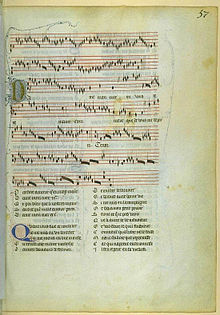



List Of Compositions By Guillaume De Machaut Wikipedia
Guillaume de Machaut was a French composer and poet that was prevalent in the 14th century and is known for being one of founders of the Ars Nova musical style The Ars Nova musical style is characterized as being the integration of complex rhythms and polyphony of secular music, and its genre is translated into 'New Art'Guillaume de Machaut (French gijom də maʃo;C 1300 – April 1377) was a medieval French poet and composerHe is regarded by many musicologists as the greatest and most important composer of the 14th century Machaut is one of the earliest composers on whom substantial biographical information is available, and Daniel Leech




Middle English Texts Medieval Institute Publications Western Michigan University




Guillaume De Machaut French Poet And Musician Britannica
In it, Machaut seems to have almost had his finger on our pulse There is a flowing character in which solemn melody blossoms almost likeHe is regarded by many musicologists as the greatest and most important composer of the 14th century He is a part of the musical movement known as the ars nova Machaut wrote the Messe de Notre Dame, the earliest known complete setting of the Ordinary of the Mass attributable to a single composerMusic is included on 235 pages of the manuscript, with almost the entire corpus of the ballades, lais and motets of Machaut, as well as his great polyphonic setting of the Mass, the fourpart Messe de NostreDameThe manuscript has never before been photographed in its entirety or reproduced in colour




Guillaume De Machaut The Best Known Composer Poet Of The 14th Century Musica Kaleidoskopea




Guillaume De Machaut The Best Known Composer Poet Of The 14th Century Musica Kaleidoskopea




Priceless Medieval Music Manuscript Now Widely Available For Study Mead Witter School Of Music




Guillaume De Machaut Wins Award From The Renaissance Society Of America Elizabeth Eva Leach




The Polyphonic Lais Of Guillaume De Machaut Overview Recordings Musica Kaleidoskopea



2




The Empty Bower And The Lone Fountain




The Music Of Machaut S Mass Guillaume De Machaut C 1300 1377



Guillaume De Machaut Messe De Nostres Dame
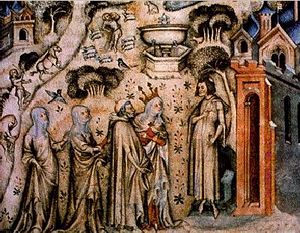



Guillaume De Machaut New World Encyclopedia




List Of Compositions By Guillaume De Machaut Wikipedia




10 Important Medieval Era Composers Hello Music Theory
:format(jpeg):mode_rgb():quality(40)/discogs-images/R-7562589-1444077135-7771.jpeg.jpg)



Guillaume De Machaut C 1300 1377




Planet Hugill Machaut S Messe De Nostre Dame Rethought By Graindelavoix



Guillaume De Machaut 1300 April 13 1377 France Composer Poet World Biographical Encyclopedia




Adam De La Halle Wikipedia




Ot H P Lac P O Lde O
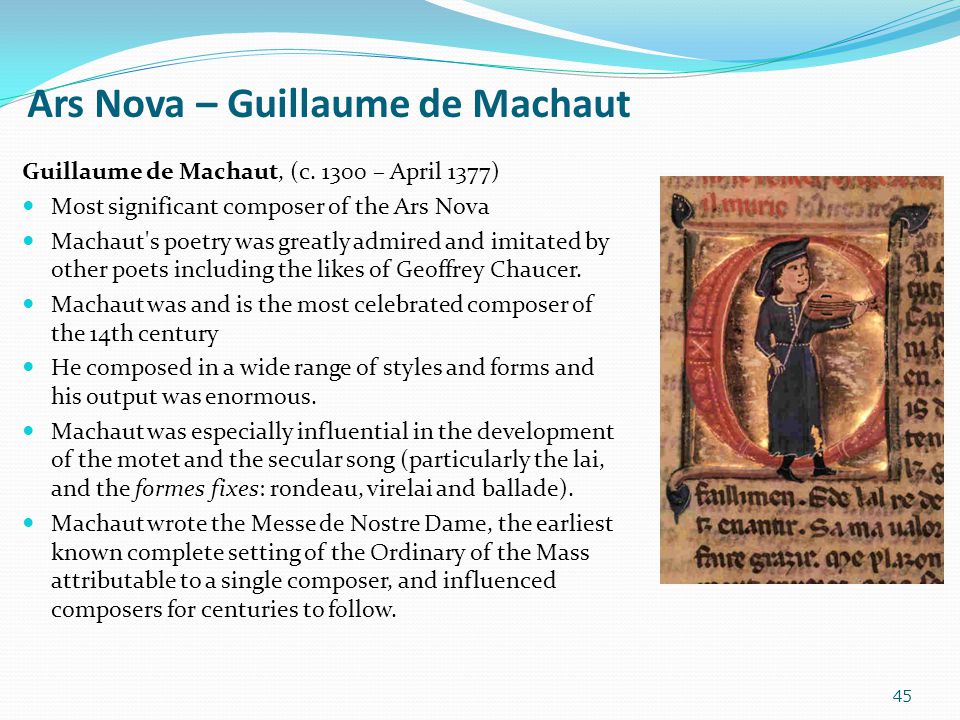



Stylistic Periods Middle Ages Renaissance 1600 Baroque Ppt Download



2
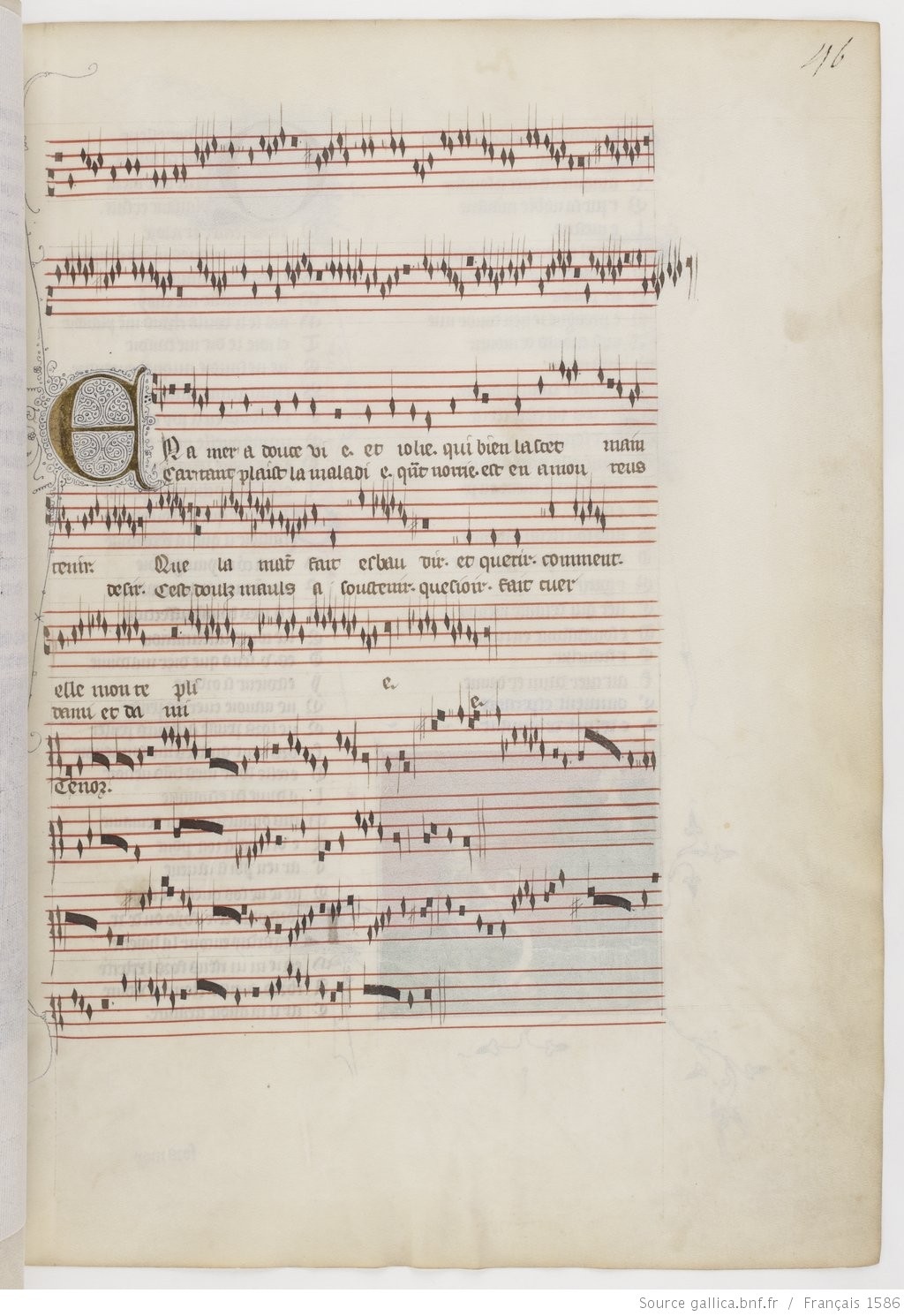



The Songs Of The Remede Guillaume De Machaut C 1300 1377




Machaut S Messe De Nostre Dame An Overview Musica Kaleidoskopea



Poetry Art And Music In Guillaume De Machaut S Earliest Manuscript Bnf Fr 1586



Guillaume De Machaut C 1300 1377
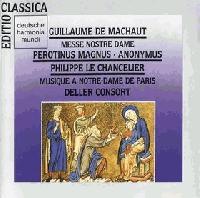



Guillaume De Machaut Messe De Notre Dame Album Review Sputnikmusic
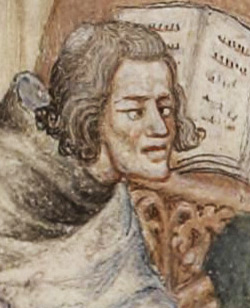



Guillaume De Machaut Classical Archives




Pdf Music For A Gothic Space Program Notes For Musica Sacra New York



Guillaume De Machaut Musical Style And Contributions Flashcards Quizlet




Zodiac Outhere Music
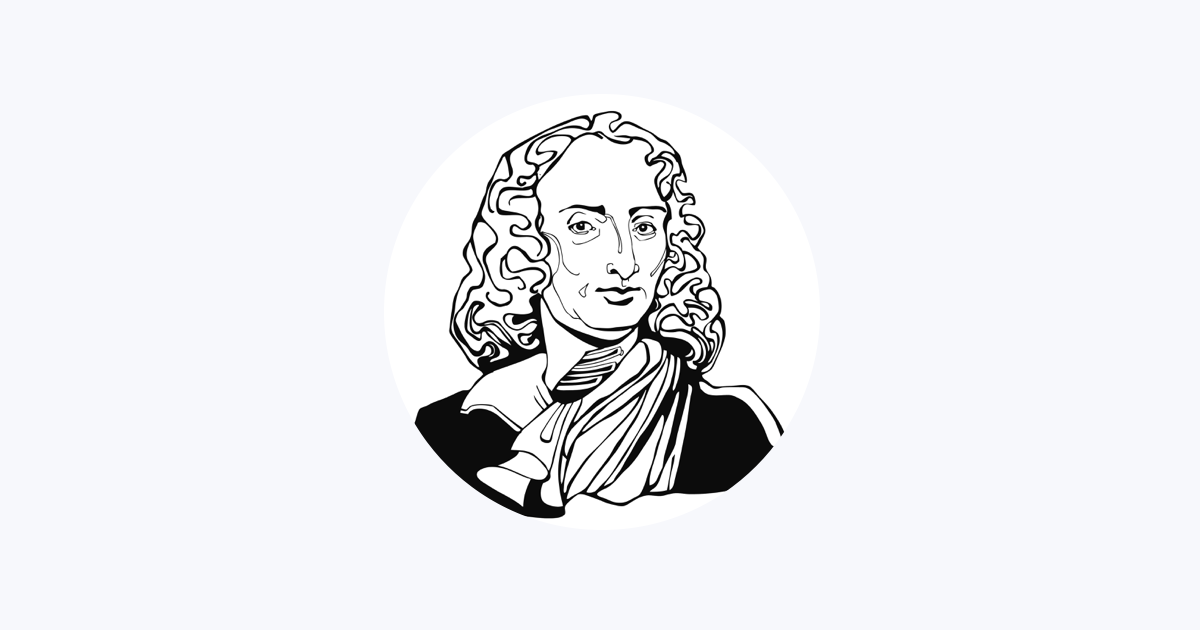



Guillaume De Machaut On Apple Music




Guillaume De Machaut The Best Known Composer Poet Of The 14th Century Musica Kaleidoskopea




Guillaume De Machaut Quotes Quotes Of Famous People




Motet Research Papers Academia Edu




Guillaume De Machaut Classical Music History 9 Medieval Period Youtube




Guillaume De Machaut Alchetron The Free Social Encyclopedia




Guillaume De Machaut The Best Known Composer Poet Of The 14th Century Musica Kaleidoskopea




Guillaume De Machaut The Best Known Composer Poet Of The 14th Century Musica Kaleidoskopea




Musical Style And Accomplishments Of Guillaume De Machaut Flashcards Quizlet




Pdf Guillaume De Machaut And The Mise En Page Of Medieval French Sung Verse Link To Full Text Pdf Kate Maxwell Academia Edu




Guillaume De Machaut Classical Music History 9 Medieval Period Youtube




Planet Hugill Machaut S Messe De Nostre Dame Rethought By Graindelavoix




Guillaume De Machaut Wikipedia




Cassical Music Timeline Medieval Music 1300 1400




The Polyphonic Lais Of Guillaume De Machaut Overview Recordings Musica Kaleidoskopea




Medieval Musical Genres Music Appreciation 1



Classical Net Basic Repertoire List Machaut




Catalogue En By Outhere Music Issuu
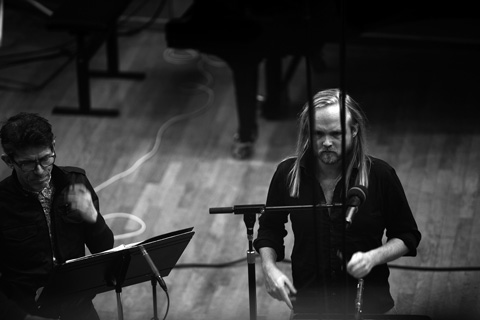



Planet Hugill Machaut S Messe De Nostre Dame Rethought By Graindelavoix
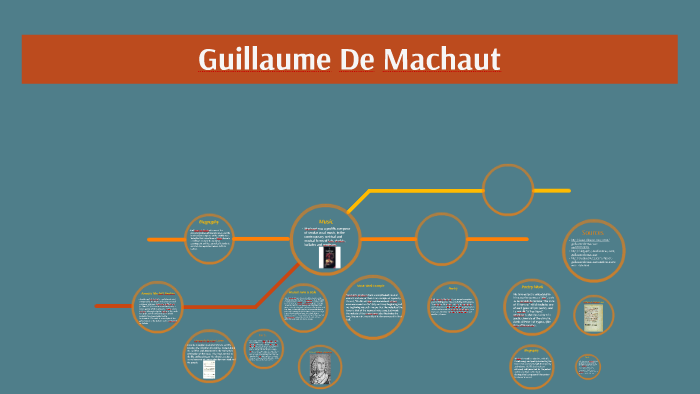



Guillaume De Machaut By Ben Bealle




Pdf Guillaume De Machaut And The Mise En Page Of Medieval French Sung Verse Link To Full Text Pdf Kate Maxwell Academia Edu




Machaut S Messe De Nostre Dame An Overview Musica Kaleidoskopea
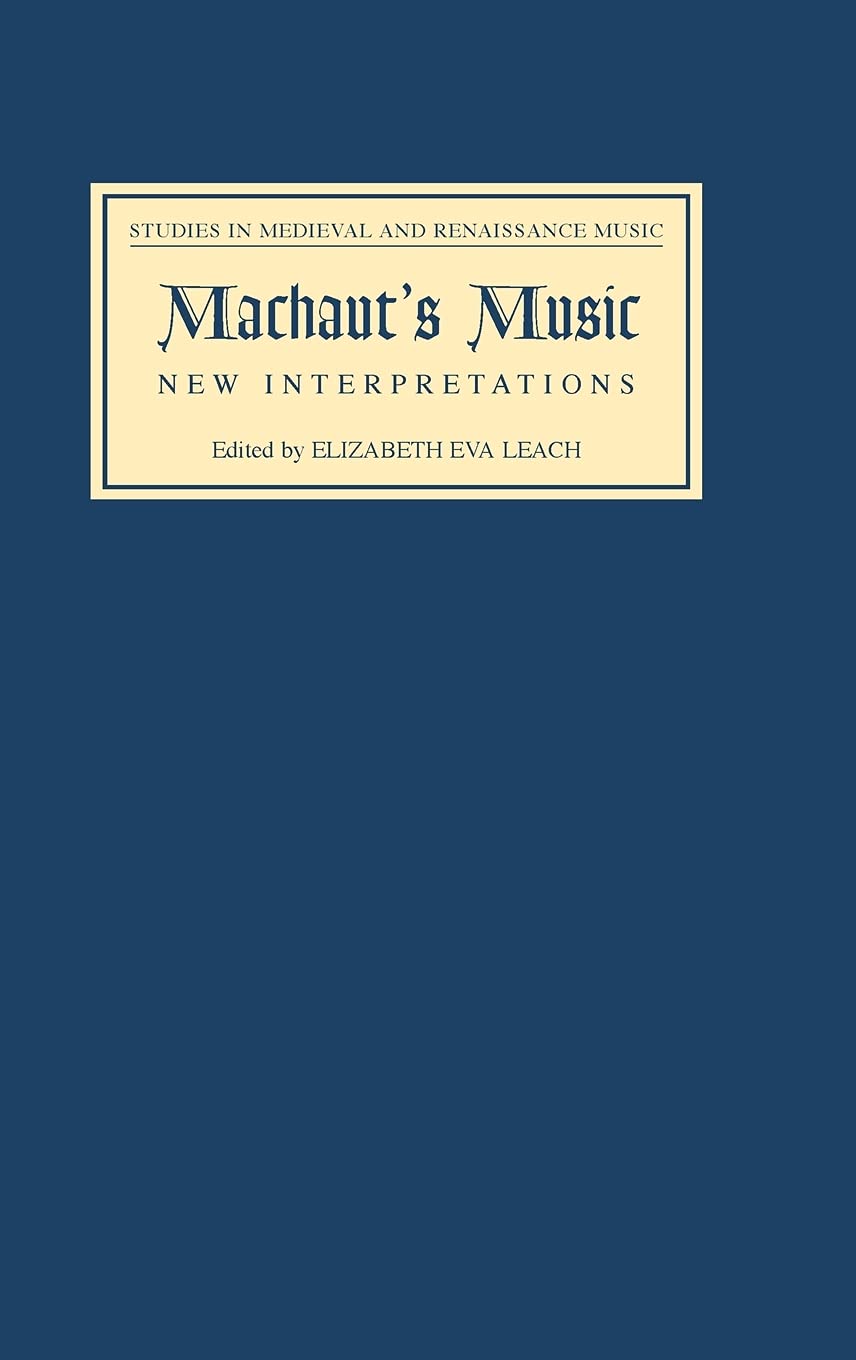



Machaut S Music New Interpretations Studies In Medieval And Renaissance Music 1 Amazon Co Uk Leach Elizabeth Eva Clark Alice V Stone Anne Berger Christian Leech Wilkinson Daniel Leach Elizabeth Eva Boogaart Jacques Flynn Jane E
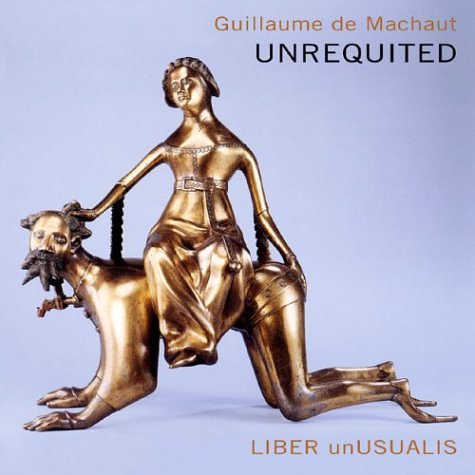



Guillaume De Machaut 1300 April 13 1377 France Composer Poet World Biographical Encyclopedia
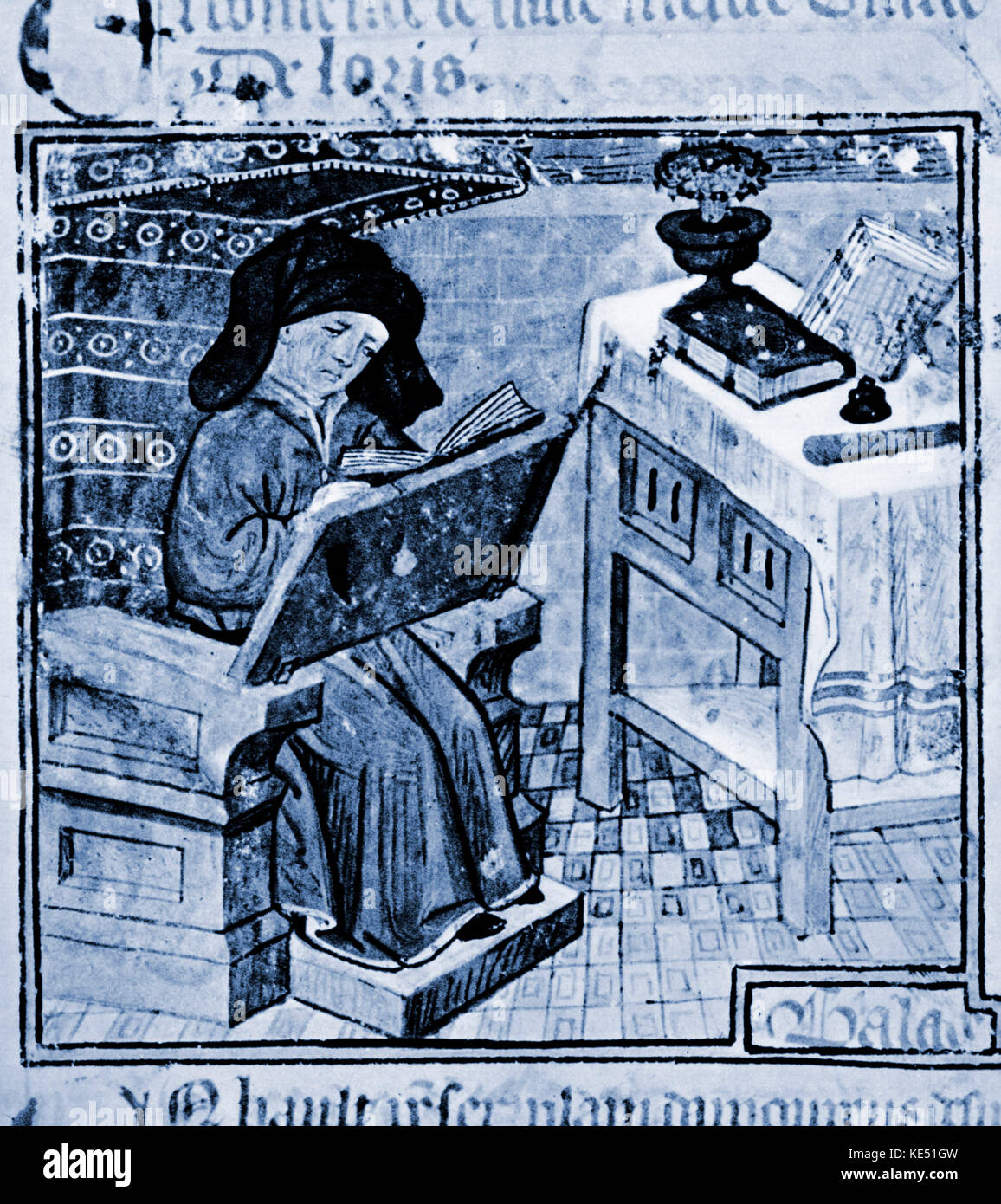



Guillaume De Machaut Contemporary Portrait French Composer And Poet 1300 1377 Stock Photo Alamy



2
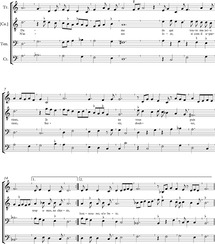



Chronological History Of French Music From The Early Middle Ages To The Present Part I The Cambridge Companion To French Music
:format(jpeg):mode_rgb():quality(40)/discogs-images/R-7468107-1442082027-4477.jpeg.jpg)



Ensemble Gilles Binchois Guillaume De Machaut Messe De Nostre Dame 1999 Cd Discogs




Guillaume De Machaut The Best Known Composer Poet Of The 14th Century Musica Kaleidoskopea



Jstor Org




Guillaume De Machaut Esperance Youtube




Guillaume De Machaut Alchetron The Free Social Encyclopedia




Guillaume De Machaut C 1300 1377




Guillaume De Machaut The Best Known Composer Poet Of The 14th Century Musica Kaleidoskopea




The Empty Bower And The Lone Fountain




Machaut Sovereign Beauty Cda Guillaume De Machaut C1300 1377 Hyperion Records Mp3 And Lossless Downloads



2




Guillaume De Machaut Music And Ars Nova Style Video Lesson Transcript Study Com
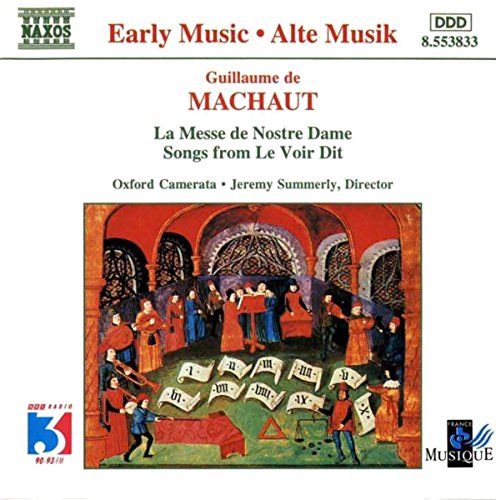



Guillaume De Machaut 1300 April 13 1377 France Composer Poet World Biographical Encyclopedia




Guillaume De Machaut The Best Known Composer Poet Of The 14th Century Musica Kaleidoskopea




La Messe De Nostre Dame Vocal Score By Guillaume De Machaut




Guillaume De Machaut Classical Music History 9 Medieval Period Youtube
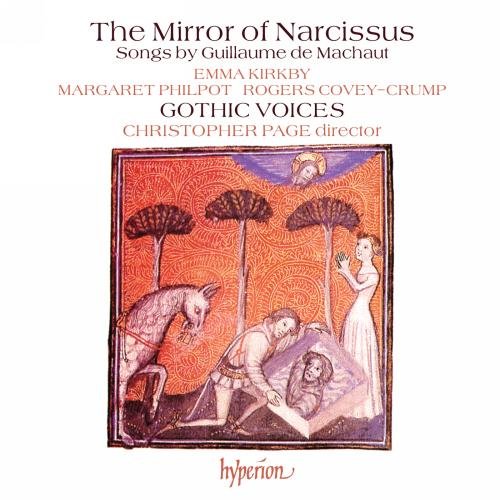



Guillaume De Machaut 1300 April 13 1377 France Composer Poet World Biographical Encyclopedia



Perotin



2




Guillaume De Machaut The Best Known Composer Poet Of The 14th Century Musica Kaleidoskopea
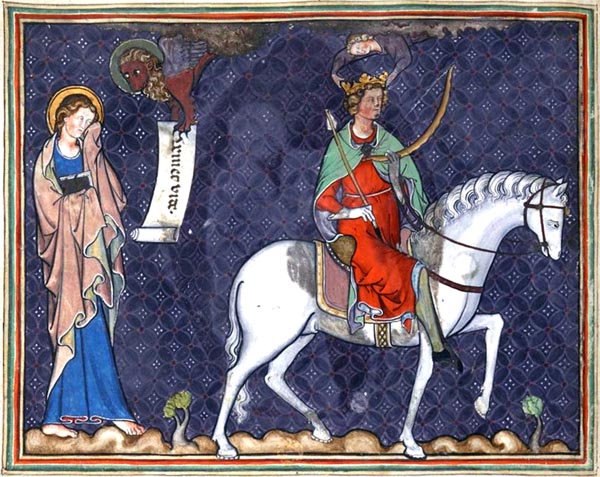



Machaut Guillaume De C 1300 1377 The Book Of The True Tale Le Livre Dou Voir Dit Part I



The Orlando Consort
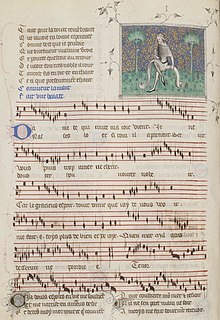



List Of Compositions By Guillaume De Machaut Wikipedia




Guillaume De Machaut The Best Known Composer Poet Of The 14th Century Musica Kaleidoskopea
コメント
コメントを投稿